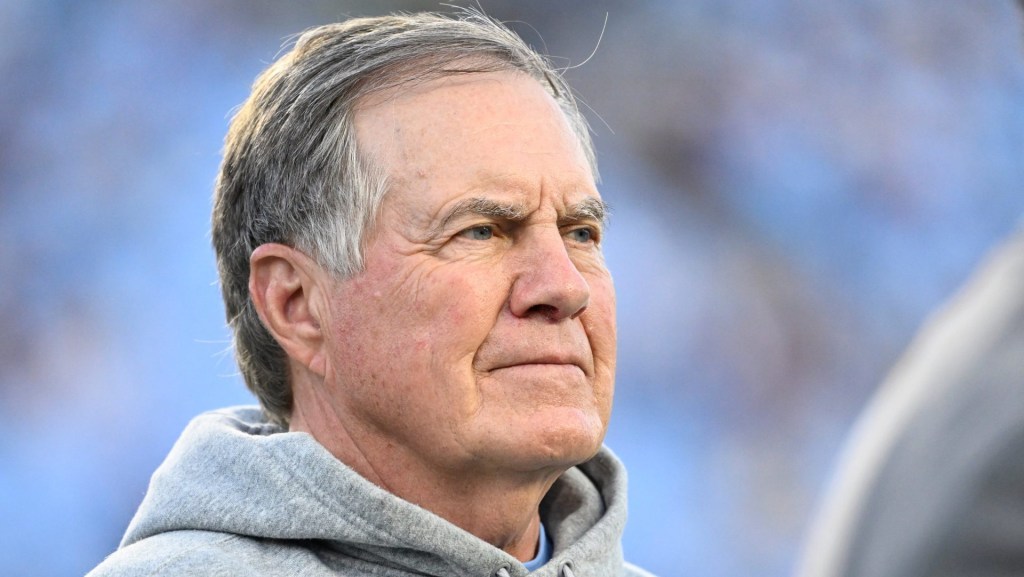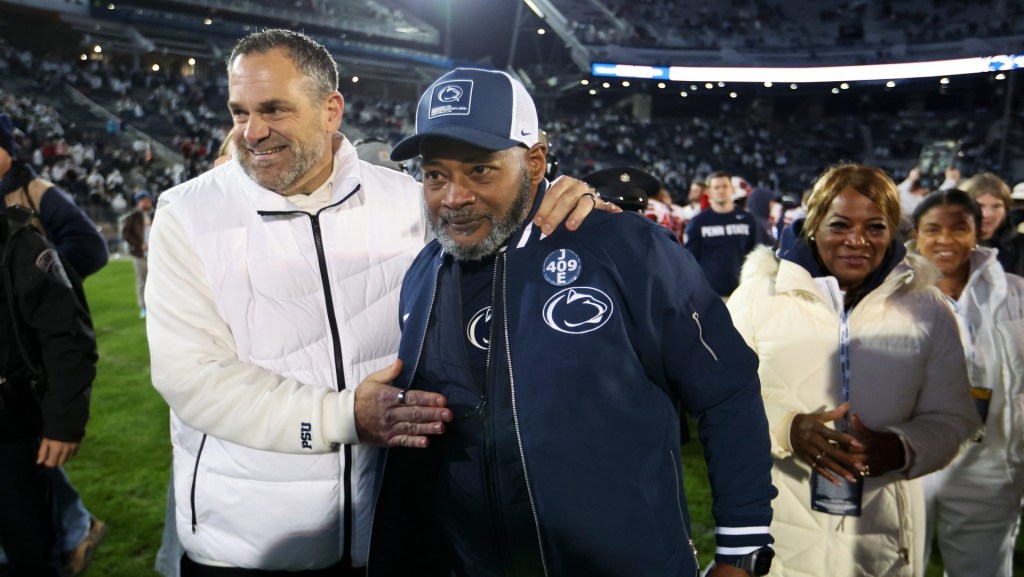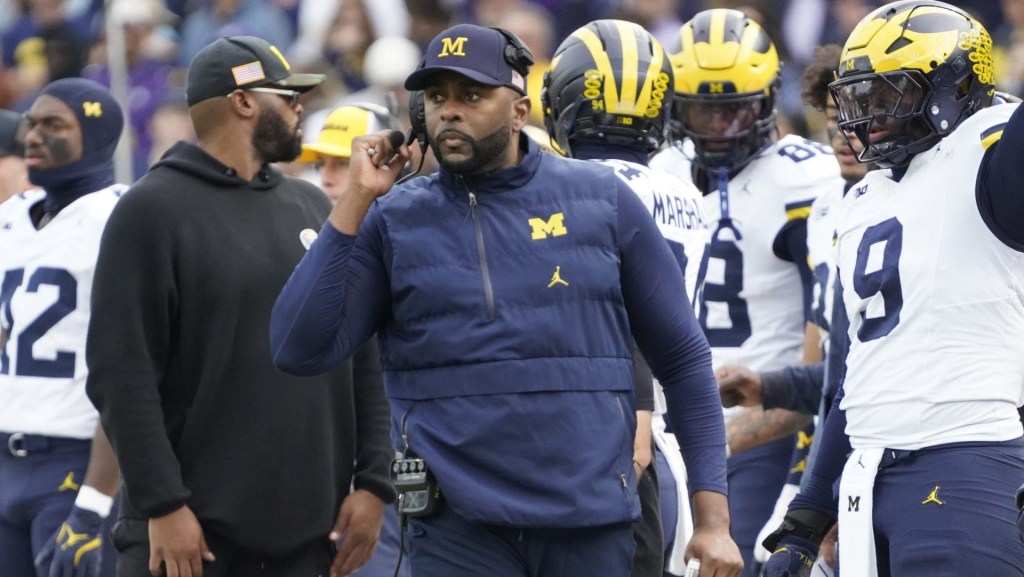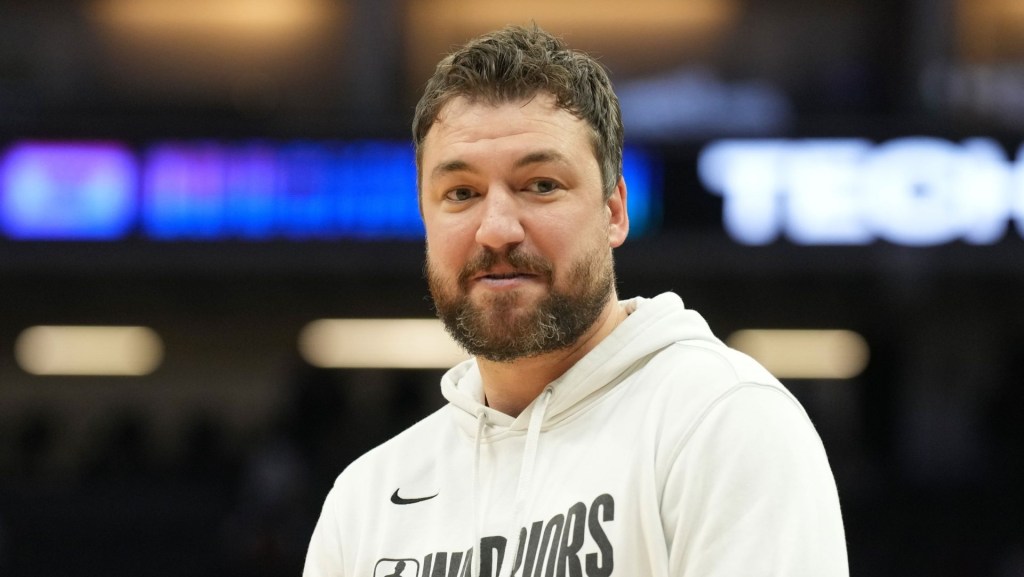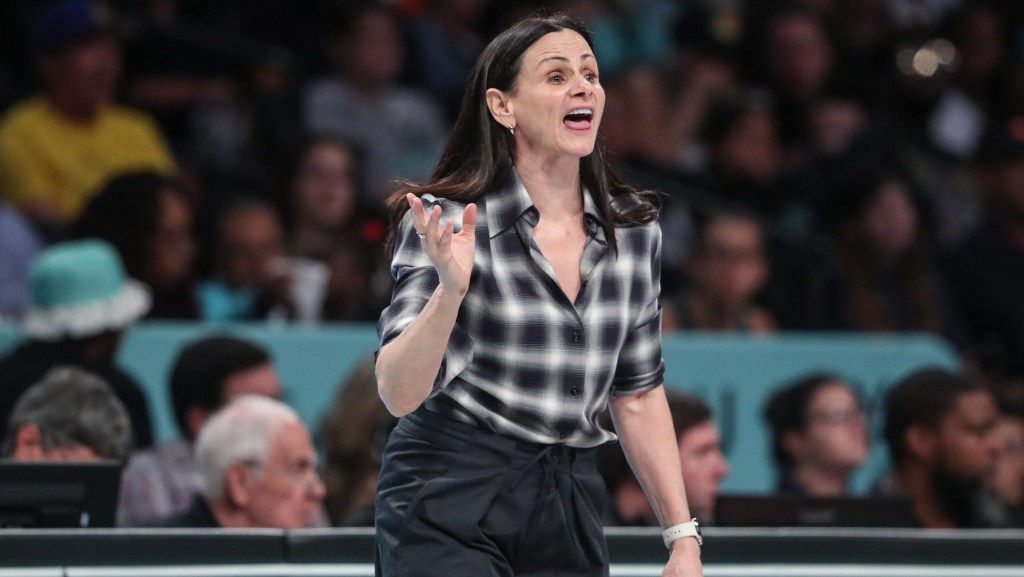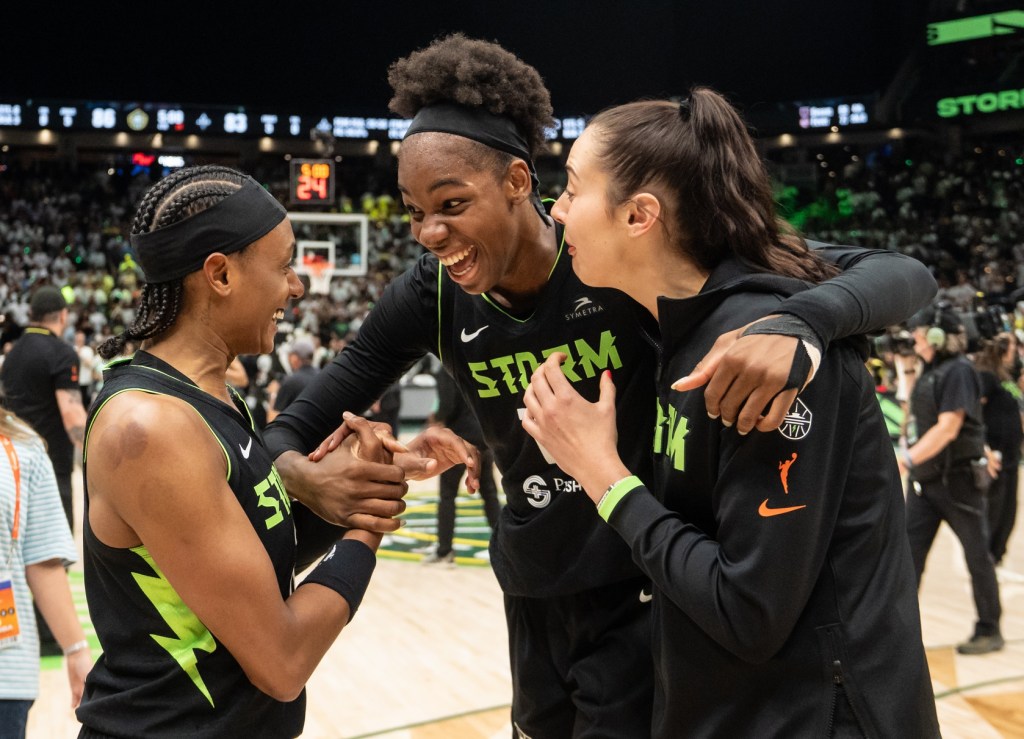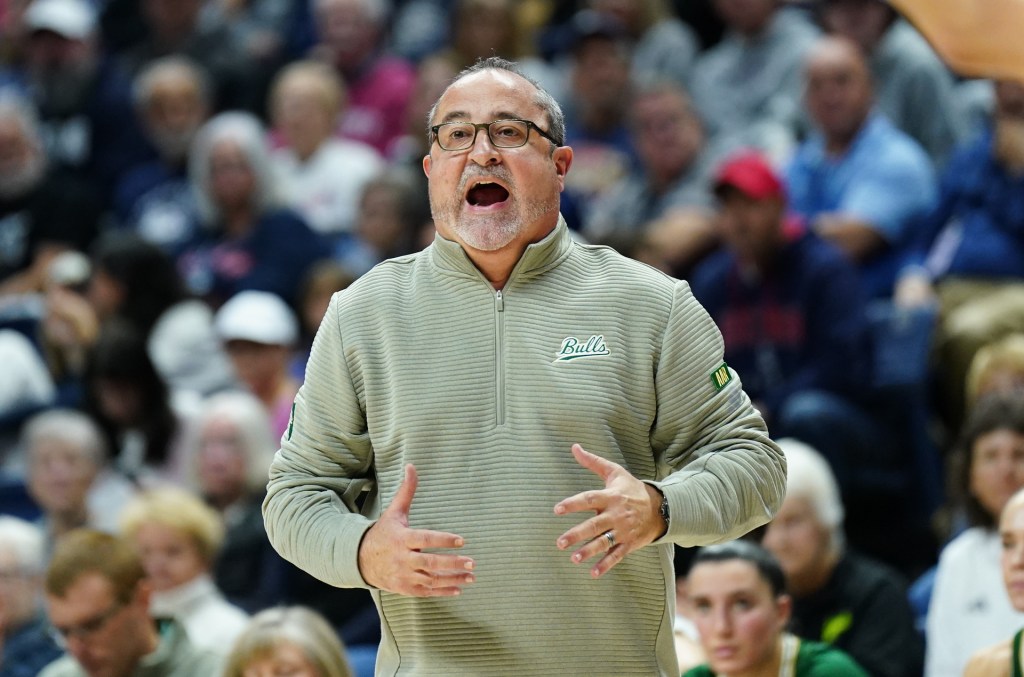Women’s basketball legend Cheryl Miller appeared to hear about the WNBA’s reported $2.2 billion media-rights deals for the first time during a press conference over All-Star weekend.
“I’m not great with numbers. Lowball,” Miller said. “Not enough. Not even close. Now, I’m not trying to inflate it a whole lot, but a two’s nice. An eight would be better.”
On Tuesday, reports surfaced that the WNBA would make $200 million annually over 11-year deals with ESPN, Amazon, and NBC, with the chance to make another $60 million with other partners. Miller, the weekend’s Team WNBA coach (whose group soundly beat the Olympic squad in a highly competitive game) said women’s basketball is in a great position, and will only continue to grow with the next group of college basketball stars and a strong performance in Paris this summer. To get that number, Miller said the league needs “a bully behind the table.”
“We need top and fair negotiators and visionaries, and we need a bully,” Miller said. “But there’s a certain number bigger than two that we want.”
The league currently has the NBA behind the table, which is a point of contention for WNBPA executive director Terri Jackson. In a statement to The Washington Post on Wednesday, Jackson made it clear that the players’ association was not involved in the valuation or negotiating process, and did not agree with the number everyone landed on.
“We have wondered for months how the NBA would value the WNBA in its media-rights deal,” Jackson said. “With a reportedly $75 billion deal on the table, the league is in control of its own destiny. More precisely, the NBA controls the destiny of the WNBA.
“We look forward to learning how the NBA arrived at a $200 million valuation—if initial reports are accurate or even close. Neither the NBA nor the WNBA can deny that in the last few years, we have seen unprecedented growth across all metrics, the players continue to demonstrate their commitment to building the brand, and that the fans keep showing up. There is no excuse to undervalue the WNBA again.”
Built into the structure of the deal is the possibility to renegotiate with the partners three years in to determine whether the league’s rights have been undervalued. That’s important for a growing league, because while the WNBA needs a cash injection fast, it wouldn’t make sense to lock the skyrocketing league into 11-year terms like the NBA.
But with the deal not kicking in until the 2026 season, that would mean any renegotiations wouldn’t happen until after the ’28 season. That’s a long time to wait.
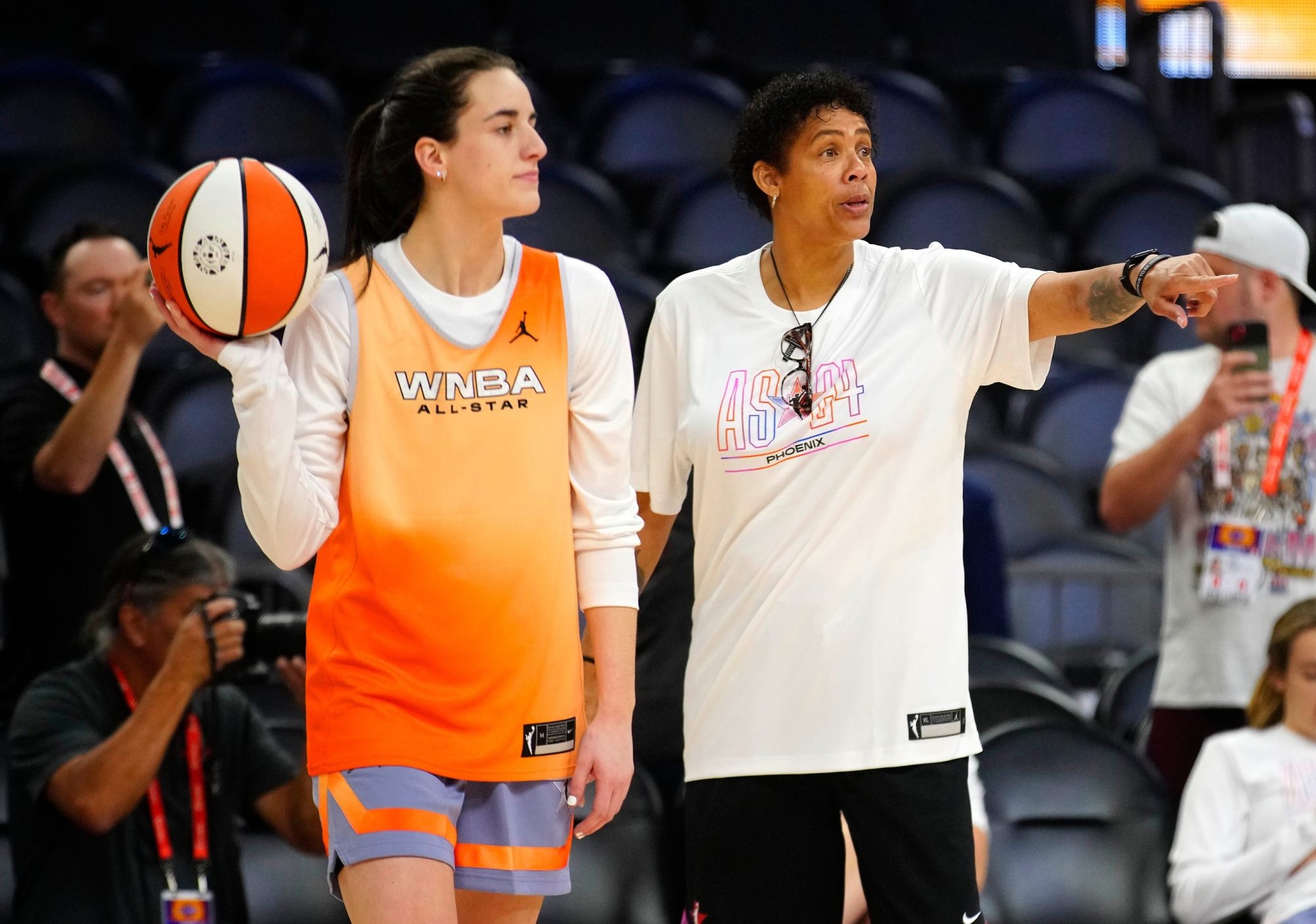
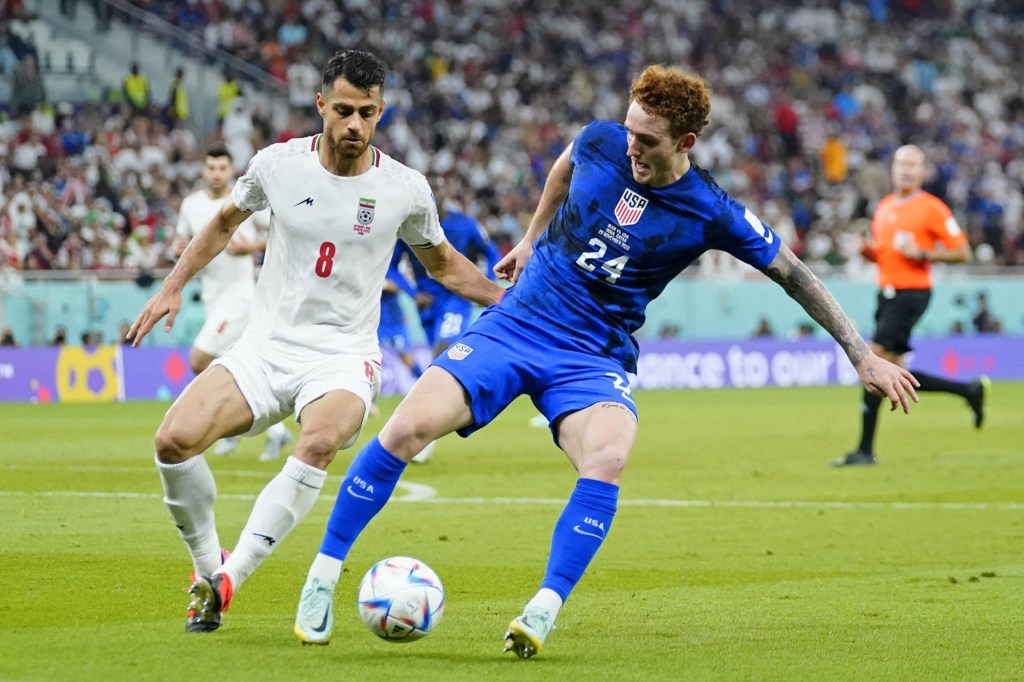



![[Subscription Customers Only] Jun 15, 2025; Seattle, Washington, USA; Botafogo owner John Textor inside the stadium before the match during a group stage match of the 2025 FIFA Club World Cup at Lumen Field.](https://frontofficesports.com/wp-content/uploads/2026/02/USATSI_26465842_168416386_lowres-scaled.jpg?quality=100&w=1024)
![[Subscription Customers Only] Jul 13, 2025; East Rutherford, New Jersey, USA; Chelsea FC midfielder Cole Palmer (10) celebrates winning the final of the 2025 FIFA Club World Cup at MetLife Stadium](https://frontofficesports.com/wp-content/uploads/2026/02/USATSI_26636703-scaled-e1770932227605.jpg?quality=100&w=1024)


